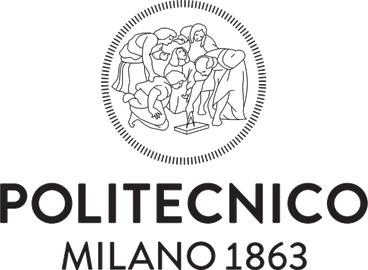Politecnico di Milano: REDUCING OCEAN ACIDIFICATION BY REMOVING CO2
The DESARC-MARESANUS project, a collaboration between the Politecnico di Milano and the CMCC Euro-Mediterranean Center on Climate Change Foundation, addresses two serious environmental problems: the increase of the concentration of carbon dioxide (CO2) in the atmosphere, with the consequent increase in temperatures, and the acidification of the oceans, which destabilizes the ecosystem and threatens vital ecosystem services.
To counter these problems, it is necessary to develop and implement active Carbon Dioxide Removal (CDR) strategies, which also address ocean acidification: artificial ocean alkalinization via the dissolution of Ca(OH)2, known in short as ocean liming, has attracted attention due to its capability of contemporarily addressing two issues.
For the first time two new studies, carried out as part of the DESARC-MARESANUS project and published on Frontiers in Climate, develop the idea of ocean alkalinisation on the base of a technically feasible pathway of implementation providing a first step towards a real-world application.
The first study, realized with the financial support of Amundi and the collaboration of CO2APPS, presents an analysis of marine alkalinization applied to the Mediterranean Sea taking into consideration the regional characteristics of the basin. Researchers used a set of simulations of alkalinization based on current shipping routes to quantitatively assess the alkalinization efficiency via a coupled physical-biogeochemical high-resolution model.
In the second study, researchers realized an estimate of the potential of maritime transport for ocean liming, highlighting a very high potential discharge of slaked lime in the sea by using the existing global commercial fleet of bulk carrier and container ships. For some closed basins, such as the Mediterranean Sea where traffic density is relatively high, the potential of ocean alkalinization is far higher than what is needed for counteracting ocean acidification.
These two publications provide a key contribution to the international and national scientific and technical communities working to find solutions to these two issues – atmospheric CO2 removal and counteracting ocean acidification – which we will have to tackle in the future. Even if further investigations are needed, these results are encouraging
Professor Stefano Caserini from the Department of Civil and Environmental Engineering, co-author of the papers and Project Manager of the DESARC-MARESANUS project.

